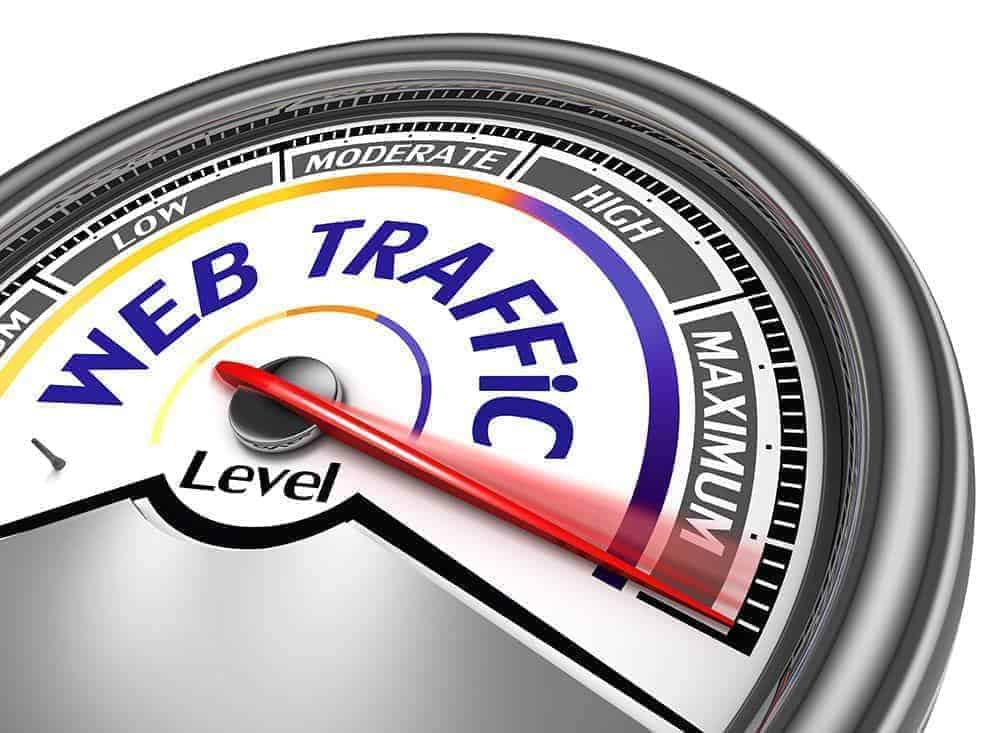88YTY News Hub
Stay updated with the latest trends and news.
Web Performance Optimization: Speeding Up Your Digital Footprint
Unlock lightning-fast web performance! Discover top tips to supercharge your site's speed and boost user engagement today!
10 Essential Tips for Web Performance Optimization
In today's competitive digital landscape, web performance optimization is crucial for delivering an exceptional user experience and improving search engine rankings. Here are 10 essential tips to enhance your website's performance:
- Minimize HTTP Requests: Each element of your webpage requires an HTTP request, so streamline your design by combining files, reducing image calls, and minimizing scripts to decrease load times.
- Use Content Delivery Networks (CDNs): CDNs can distribute your content globally, reducing latency and improving loading times for visitors regardless of their geographical location. For more details on using CDNs, check out Cloudflare's CDN guide.
3. Optimize Images: Large image files can significantly slow down your website. Use tools like TinyPNG to compress images without losing quality and implement responsive images for better performance on mobile devices.
4. Leverage Browser Caching: Take advantage of browser caching to store frequently accessed files locally, which can dramatically improve load times for returning visitors. More on caching can be found at MDN Web Docs.

How Fast Should Your Website Be? Understanding Page Load Times
Page load time is a critical factor in how users perceive your website's performance. Ideally, your website should load in under 3 seconds to provide a seamless experience for visitors. According to studies, if a page takes longer than 3 seconds to load, users are likely to abandon the site entirely. This statistic is supported by Google Analytics, which emphasizes the correlation between loading speed and user engagement.
In addition to user experience, page load times also affect search engine optimization (SEO). Search engines like Google prioritize faster websites, and as a result, slower page loading can negatively impact your organic rankings. To delve deeper into the relationship between speed and SEO, refer to Google's Web Vitals for insights on measuring and improving your website's performance. Investing time in optimizing your page load times can substantially enhance both user retention and search visibility.
The Impact of Web Performance on User Experience and SEO
The impact of web performance on user experience is significant, as it directly influences how visitors interact with a website. Research indicates that a delay of just one second in page load time can lead to a 20% decrease in user satisfaction, highlighting the importance of optimizing website speed. Moreover, tools like Google PageSpeed Insights can help identify performance bottlenecks, enabling site owners to enhance their loading times and, ultimately, improve user retention. Swiftly loading pages not only make users happier but also increase the likelihood of conversions, demonstrating the pivotal role of web performance in retaining visitors.
In addition to enhancing user satisfaction, web performance plays a crucial role in search engine optimization (SEO). Search engines, particularly Google, prioritize fast-loading websites in their ranking algorithms, as they aim to deliver the best possible experience to their users. According to Google's Web Vitals, metrics such as First Contentful Paint (FCP) and Time to Interactive (TTI) are vital for performance assessment and directly affect a site's SEO ranking. Therefore, businesses must focus on improving these metrics to achieve better visibility in search results. A well-optimized website not only attracts more traffic but also encourages search engines to rank it higher, creating a beneficial cycle of improved performance, user experience, and SEO success.